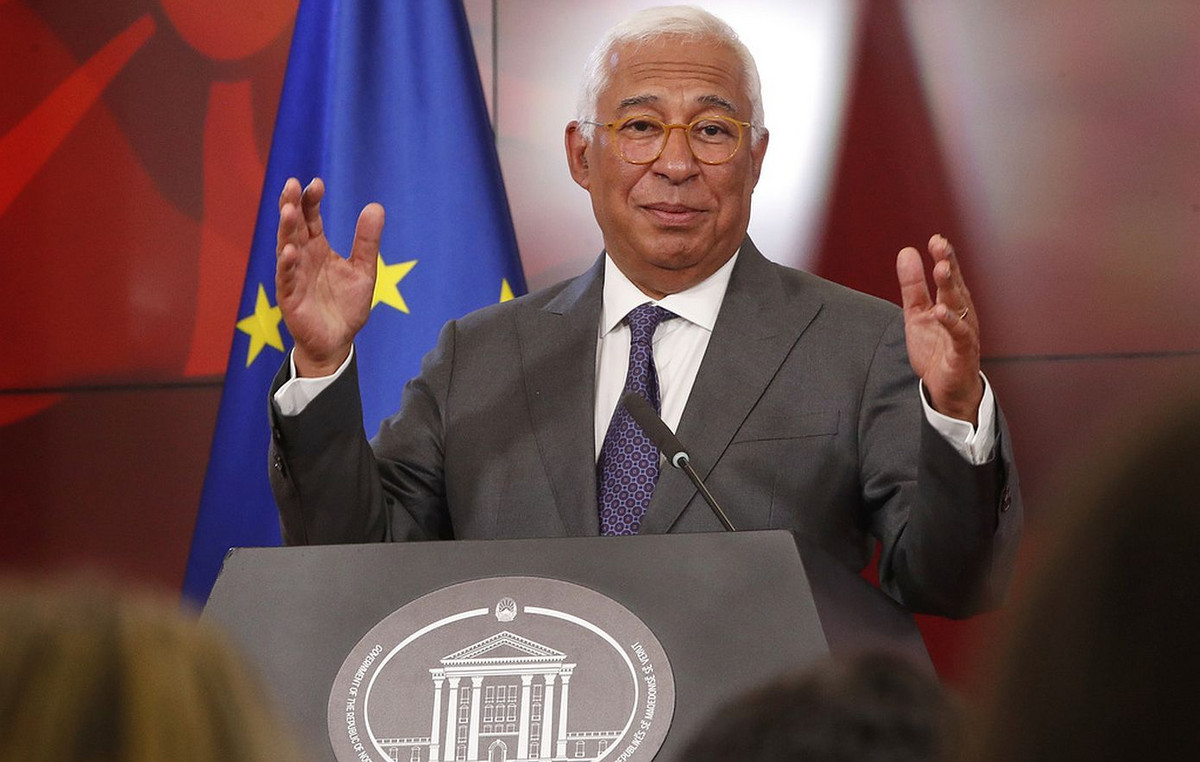Despite the health crisis, 2021 was a record year for foreign direct investment in Greece, with the real estate sector playing a leading role, in a sign of improving foreign investor confidence in the prospects of the Greek economy, Eurobank points out in its weekly bulletin. “7 Days Economy”.
As noted by Eurobank, according to the BoG data, the aforementioned size amounted to € 4.8 billion in current prices, an amount that corresponds to 2.7% of nominal GDP. Before the pandemic, ie in 2019, foreign direct investment in Greece was at 2.4% of nominal GDP, a higher percentage than the corresponding one in Italy (1.6%), Germany (1.7%), Spain (1 , 8%), France (2.1%) and Slovakia (2.2%), but less than their counterparts in Poland (2.8%), Romania (2.9%), Latvia (3 , 2%), Sweden (3.2%), Bulgaria (3.2%), Slovenia (4.0%), the Czech Republic (4.3%), Portugal (4.3%), Finland (5.8%), Croatia (6.3%), Lithuania (6.3%) and Estonia (9.9%).
The sectors of economic activity with the highest shares of the total foreign direct investment in Greece in 2021, were the following: real estate management € 1,233.1 million, private real estate sales € 709.9 million, financial and insurance activities € 570 , 8 million, processing € 521.4 million, trade, repair of motor vehicles and motorcycles € 429.9 million, electricity, gas, steam and air conditioning € 392.0 million, information and communication € 334, 4 million, professional, scientific and technical activities € 268.2 million, transport and storage € 111.6 million and accommodation and catering services activities € 91.2 million.
Regarding the countries of origin with the highest shares of the total foreign direct investment in Greece in 2021, the ranking was as follows: Luxembourg € 918.8 million, United Kingdom € 571.4 million, Switzerland € 459 , 6 million, United States of America € 413.3 million, Germany € 412.6 million, Cyprus € 318.0 million, France € 228.6 million, Hong Kong € 211.5 million, Netherlands € 172.6 million, Ireland € 108.8 million, Spain 86.9 million and Italy € 80.9 million.
Based on the above data, it is proven that the real estate activities (real estate management and private real estate sales) attracted the lion’s share in the foreign direct investments made in the Greek economy in 2021. This quality result concerns not only 2021, but characterizes the data of foreign direct investments in Greece in the last 4 years. Specifically, in the 4 years 2018-2021, foreign direct investment in real estate activities in Greece, on average quadrupled compared to the four years 2014-2017 (from € 410 million to € 1,733 million or 20% of the total foreign direct investment at 44.0%).
The increase of foreign direct investments in real estate activities in Greece is one of the interpretative factors of the rise in real estate prices. According to BoG data, the apartment price index in Greece remained on an upward trajectory for the fourth year in a row in 2021. In detail, it strengthened by 7.1% YoY from 4.5% YoY in 2020. From the bottom of 2017 until In 2021, the overall increase in the apartment price index was 22.2%. Nevertheless, it is down 29.1% compared to the debt peak of 2008. Finally, the prices of shops and offices also moved upwards, with the overall increase compared to the bottom of 2016 for stores and 2015 for offices to be 16.6% and 14.4% respectively in 2020 (-17.0% for stores and -18.8% for offices compared to 2010).
In conclusion, 2021, despite the health crisis, was a record year for foreign direct investment in Greece, with the real estate sector playing a leading role. This element is an indication of improved investor confidence abroad for the prospects of the Greek economy. Foreign direct investment is not identical to fixed capital investment in national accounts. However, in the medium term, they can lead to a strengthening of the capital equipment of the economy. In addition, foreign direct investment is a channel for technological advancement, as domestic companies can adopt new technologies with beneficial effects on the productivity of the economy. This concerns sectors such as manufacturing, energy and transport, with positive consequences for the extroversion of the economy.
Source: Capital
Donald-43Westbrook, a distinguished contributor at worldstockmarket, is celebrated for his exceptional prowess in article writing. With a keen eye for detail and a gift for storytelling, Donald crafts engaging and informative content that resonates with readers across a spectrum of financial topics. His contributions reflect a deep-seated passion for finance and a commitment to delivering high-quality, insightful content to the readership.







